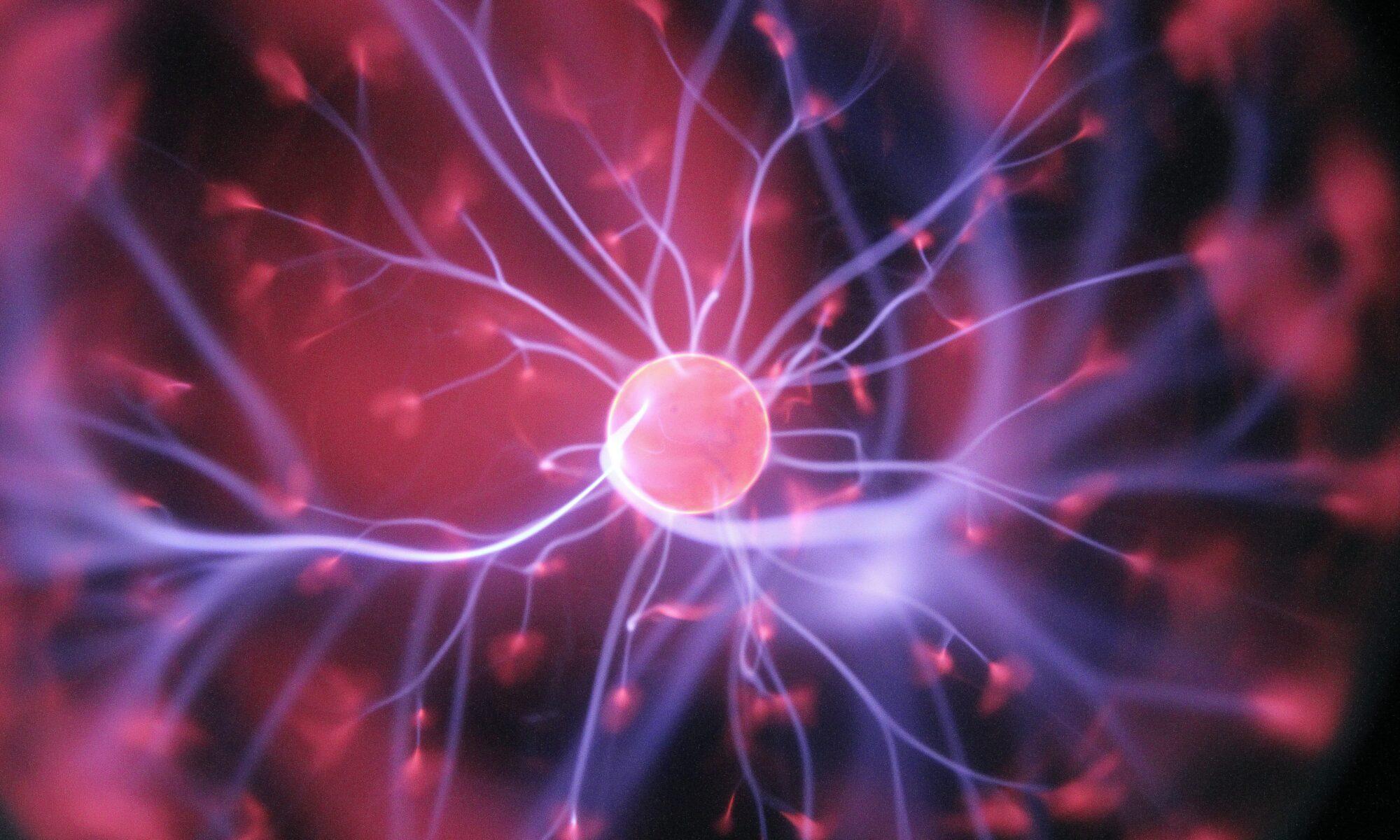In recent years, video game addiction has become a growing concern for individuals, families, and mental health professionals alike. While video games can offer entertainment, socialization, and educational benefits, they can also have negative consequences when played excessively. In this article, we will explore the science behind video game addiction, including its causes, symptoms, and treatments.
-
What is Video Game Addiction?
Video game addiction, also known as gaming disorder, is a behavioral addiction characterized by compulsive gaming behavior and loss of control over gaming. According to the World Health Organization (WHO), gaming disorder is defined as “a pattern of gaming behavior (‘digital-gaming’ or ‘video-gaming’) characterized by impaired control over gaming, increasing priority given to gaming over other activities to the extent that gaming takes precedence over other interests and daily activities, and continuation or escalation of gaming despite the occurrence of negative consequences.”
The American Psychiatric Association (APA) also recognizes gaming disorder as a mental health condition in its latest edition of the Diagnostic and Statistical Manual of Mental Disorders (DSM-5). The DSM-5 criteria for gaming disorder include impaired control over gaming, increasing priority given to gaming over other activities, and continuation or escalation of gaming despite negative consequences.
-
What Causes Video Game Addiction?
Like other forms of addiction, video game addiction is a complex condition that can have multiple contributing factors. Here are some of the most common causes of video game addiction:
- Brain Chemistry: Video games can trigger the release of dopamine, a neurotransmitter that plays a role in pleasure, motivation, and reward. When the brain experiences a surge of dopamine, it can create a feeling of euphoria or “high,” which can lead to the desire for more gaming.
- Social Isolation: For some individuals, video games can provide a sense of community and social interaction. However, excessive gaming can lead to social isolation, which can exacerbate feelings of depression and anxiety.
- Escapism: Video games can offer a temporary escape from real-life problems and stressors. While this can be beneficial in moderation, excessive gaming can lead to avoidance behavior and a lack of coping skills for real-world challenges.
- Personality Traits: Some individuals may be more susceptible to video game addiction based on their personality traits. For example, individuals with high levels of impulsivity, sensation-seeking, and neuroticism may be more likely to develop gaming disorder.
-
What are the Symptoms of Video Game Addiction?
Video game addiction can have a range of physical, psychological, and behavioral symptoms. Here are some of the most common symptoms of gaming disorder:
- Preoccupation with Gaming: Individuals with gaming disorder may spend a significant amount of time thinking about gaming, planning their next session, and anticipating the next opportunity to play.
- Loss of Control: Individuals with gaming disorder may struggle to limit their gaming behavior, even when they want to. They may also experience withdrawal symptoms, such as irritability, restlessness, and anxiety when they are unable to play.
- Neglecting Other Responsibilities: Individuals with gaming disorder may neglect other responsibilities, such as work, school, or social obligations, in favor of gaming.
- Continuing to Game Despite Negative Consequences: Individuals with gaming disorder may continue to game despite experiencing negative consequences, such as financial problems, relationship issues, or health problems.
- Physical Symptoms: Excessive gaming can lead to a range of physical symptoms, including fatigue, headaches, back pain, and vision problems.
-
How is Video Game Addiction Treated?
Like other forms of addiction, video game addiction can be challenging to treat, but it is possible with the right combination of therapies and support. Here are some of the most effective treatments for gaming disorder:
Cognitive-Behavioral Therapy (CBT) is a type of talk therapy that focuses on changing negative thoughts and behaviors. In the case of gaming disorder, CBT can help individuals identify the underlying thoughts and emotions that contribute to excessive gaming and develop strategies to manage them.
-
Family Therapy
Family therapy can be beneficial for individuals with gaming disorder, especially if family members are directly affected by the individual’s gaming behavior. Family therapy can help family members understand the condition and learn how to support their loved one in their recovery.
-
Support Groups
Support groups can provide individuals with gaming disorder with a sense of community and social support. They can also offer practical advice and coping strategies for managing gaming behavior.
-
Medications
While there are no medications specifically approved for the treatment of gaming disorder, certain medications can be helpful in managing co-occurring conditions, such as depression or anxiety.
-
Lifestyle Changes
Making positive lifestyle changes can also be beneficial in managing gaming disorder. This can include getting regular exercise, practicing relaxation techniques, and engaging in social activities outside of gaming.
-
Conclusion
Video game addiction is a complex and challenging condition that can have significant negative consequences. While video games can offer many benefits, it is essential to understand the risks associated with excessive gaming and take steps to manage gaming behavior if necessary. If you or a loved one are struggling with gaming disorder, it is important to seek professional help and support to overcome this challenging condition. By understanding the science behind video game addiction and the effective treatments available, it is possible to overcome this condition and live a healthy, fulfilling life.

